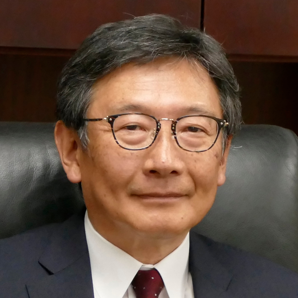
Dr. Makoto Nakanishi
Professor, The institute of Medical ScienceThe University of Tokyo

Dr. Makoto Nakanishi completed his medical education at Nagoya City University Medical School, obtaining his Doctor of Medicine degree in 1985. He subsequently pursued his academic career at the Graduate School of Medical Sciences, Nagoya City University, where he obtained his PhD in 1989. From 1993 to 1995, he held positions at Jichi Medical School as an assistant professor and at Baylor College of Medicine as a research associate. From 1996 to 1999, he served as the head of the Geriatric Research Division at the National Center for Geriatrics and Gerontology. Prior to assuming the position of professor at the Institute of Medical Science, The University of Tokyo in April 2016, Makoto held the position of professor in the Department of Cell Biology at Nagoya City University Medical School. His research is primarily focused on elucidating the mechanisms that regulate organismal aging. Notably, he has developed mouse models that allow for the visualization and analysis of senescent cells at the single-cell level. Utilizing these models, he identified GLS1 inhibitor as a drug that selectively eliminates senescent cells and improves various age-related organ dysfunction. Furthermore, he has determined that PD-L1 expression plays a pivotal role in their age-dependent accumulation. Thus, administration of anti-PD-1 antibody reinforces host-immunosurveillance against senescent cells. Building upon these observations, he is currently developing several technologies aimed at addressing age-related dysfunction by targeting senescent cells.



